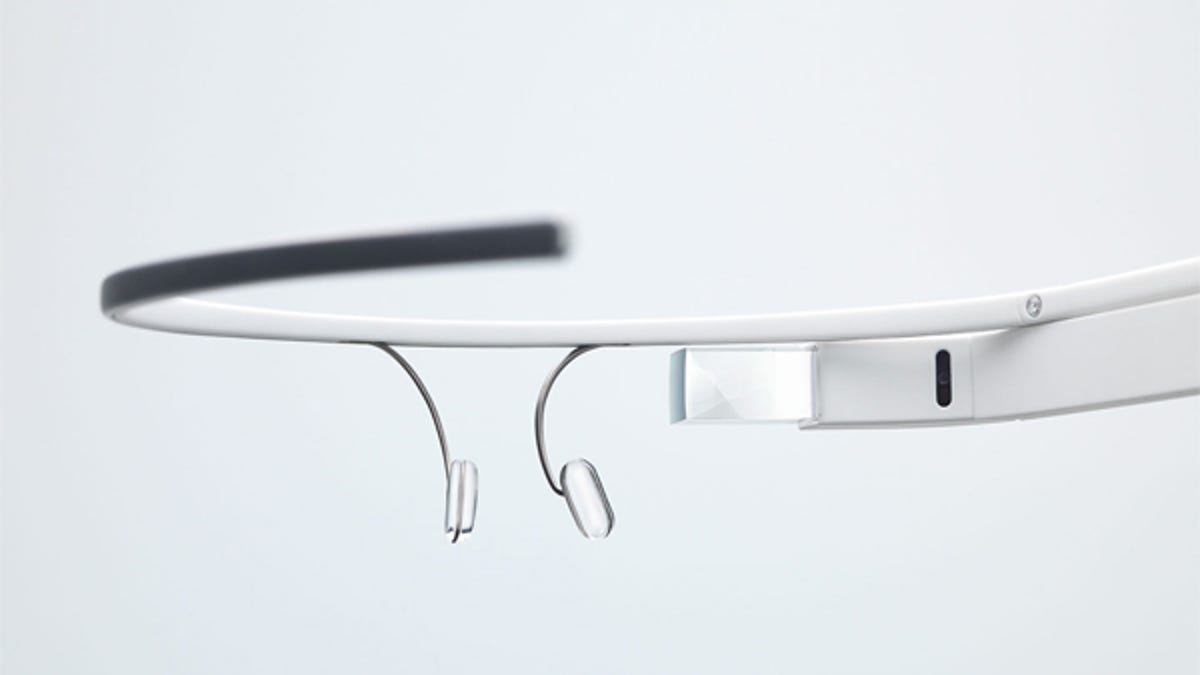Will Google Glass change the way we think?
A new video from Google shows how people will probably end up using Google Glass in the real world — looking up information.

(Credit: Google)
A new video from Google shows how people will probably end up using Google Glass in the real world — looking up information.
You know something. You know you know it. It's right there on the tip of your tongue. No matter how you rack your brains, though, that drop of knowledge, that snippet of trivia, remains elusive.
An impressive new video from Google, however, highlights a potentially invaluable use of its upcoming Google Glass (as well as the device's accuracy and speed): finding small pieces of information that are not important enough in your day-to-day life to memorise, but that may come up from time to time, such as the name of a particular film, or a currency conversion rate.
As someone who manages to forget swathes of words and information when overtired or stressed (on one occasion, I spent an hour panicking that I couldn't remember the name of Heathrow airport), this feature seems invaluable.
There has been a lot of controversy about whether the internet is changing the way we think, shortening attention spans and making us more credulous, and at the same time less capable of sustained cogitation.
To an extent, it is having an impact — but, while it is making information more available, it is not changing what our brains do with that information, according to Harvard neuroscientist Joshua Greene. "The internet has provided us with unprecedented access to information, but it hasn't changed what we do with it once it's made it into our heads," he asserted.
And, as the memorisation skill set becomes less important, we develop and hone a new set of skills — how to find information, how to tell a reliable source from a bad one and the analysis of data.
"The thought pattern of different people, on different subjects, requires varying mixtures of knowing facts, being able to correlate them, creating new ideas, distinguishing between important and secondary matters, knowing when to prefer pure logic and when to let common sense dominate, analysing processes and numerous other components of a complex mental exercise," said physicist Haim Harari. "The internet allows us to know fewer facts, being sure that they are always literally at our fingertips, thus reducing their importance as a component of the thought process."
The new challenge lies in learning how to ask questions, rather than knowing the answers by rote. And, while Google Glass isn't changing the availability of information — after all, many who will be purchasing Google Glass already have a smartphone that can provide information on the fly — it will make it faster and easier to access — perhaps freeing up our minds for greater things.

